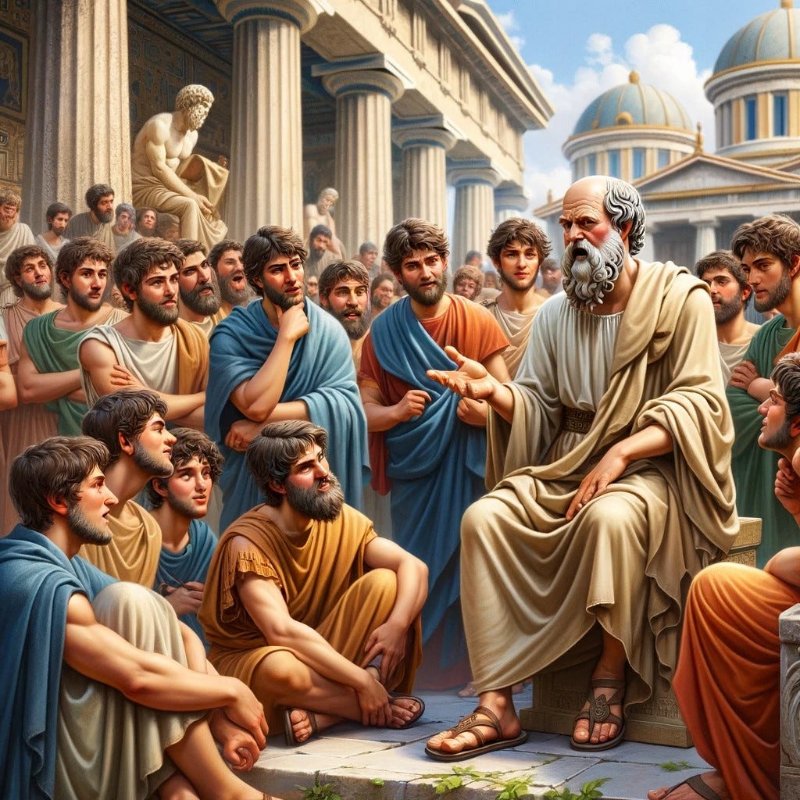Law firms should sue but not settle with the government when an Executive Order violates the Constitution
 |
| Adam Unikowsky |
On March 25, 2025, President Trump issued an Executive Order entitled “Addressing Risks from Jenner & Block. ” Among other things, the Executive Order “limit[s] official access from Federal Government buildings to employees of Jenner,” “limit[s] Government employees acting in their official capacity from engaging with Jenner employees,” and “require[s] Government contractors to disclose any business they do with Jenner and whether that business is related to the subject of the Government contract.”
On March 28, 2025, Jenner & Block sued the government in the U.S. District Court for the District of Columbia. That same day, the District Court granted Jenner’s motion for a temporary restraining order. As such, the bulk of the Executive Order is currently not being enforced because three federal judges have found that these Executive Orders violate the Constitution.
In his newsletter of April 9, Adam Unikowsky, a partner in Jenner & Block, argues that Donald Trump’s Executive Orders are unconstitutional. “They violate the First Amendment right of lawyers and their clients to speak, petition, and associate. They are also designed to discourage lawyers from representing unpopular clients—even clients with meritorious cases—and in so doing, they profoundly distort the judicial system. If anyone should be standing on principle and attempting to vindicate the rule of law, it is our nation’s lawyers.”
In this blog I want to walk you through Unikowsky’s argument for the conclusion that “the Executive Order violates the First Amendment in several ways, and it even distorts the judicial system itself.”
The Executive Order violates the First Amendment
First, “the First Amendment prohibits government officials from retaliating against individuals for engaging in protected speech.” Jenner engaged in protected speech when they advocated on behalf of immigrants and transgender persons. Jenner is being punished for speaking.
Second, Unikowsky points out that “the First Amendment’s Petition Clause separately protects the right to petition the government for redress of grievances, including the filing of lawsuits.” It is irrelevant that the government may be aggrieved by some of these lawsuits, even when they are filed for political ends.
Third, “the First Amendment also prohibits the government from discriminating on the basis of viewpoint.” If a law firm has a viewpoint about immigration that is different from the government’s viewpoint, then merely having a different view is not sufficient to punish the law firm.
Fourth, The Executive Order further “require[s] Government contractors to disclose any business they do with Jenner and whether that business is related to the subject of the Government contract.” This is a violation of the First Amendment’s right to association. The Executive Order compels contractors to disclose their association with their chosen counsel as a means of deterring contractors from retaining that counsel. That compelled disclosure deters contractors’ exercise of their right to freely associate.
The Executive Order violates the Fifth and Fourteenth Amendment
Fifth, the Executive Order also violates the Due Process rights of both Jenner and its clients. It violates the Due Process rights of the law firm by not requiring the government to provide notice and a hearing before it imposes punishment. Instead, the Executive Order was “issued based on the President’s unilateral decision that Jenner had done something wrong.” This takes us back to the unilateral decisions of a 16th century monarch.
The clients of attorneys also lose their Due Process rights by taking away the attorneys’ rights to obtain zealous legal representation. The law firm cannot represent its clients in dealings with the government “when there is an Executive Order that bans Jenner lawyers from government buildings and that bans government officials from speaking to us.” It is as if those who wrote the Executive Order had never read the due process clause of the Fifth and Fourteenth Amendments to the Constitution.
Settling with the government
Four law firms who had also been victims of the Executive Order did not respond by suing the government. Instead, they settled a deal with the President by persuading him to withdraw the Executive Order if they “dedicate the equivalent of $40 million in pro bono legal services” to “support the Administration’s initiatives” on “mutually agreed projects.” Since then, three other law firms have joined the settlement “by agreeing to undertake $100 million in pro bono work on causes supported by the President.”
These law firms should be ashamed of what they have agreed to do. Surely, they know that the Executive Order is unconstitutional. But they have pushed the Constitution aside despite the fact that they took an oath to defend it when they joined the Bar. Instead, they bowed to the king and made a deal to do whatever will make him happy. President Trump gets his so-called “causes” supported and the law firms avoid the threats of the Executive Order.
Unikowsky has this to say: “Settling with the government not only reflects capitulation to unconstitutional government coercion, but also irrevocably compromises a law firm’s ability to defend its clients… The theory behind settling is that what clients really want is a law firm that folds in the face of unconstitutional coercion, to get into the government’s good graces, rather than a firm that stands up for its right to remain independent from the government. Law firms should have more faith in the people they represent than that.”
The conclusion: Law firms should sue not settle with the government when it has violated the Constitution



